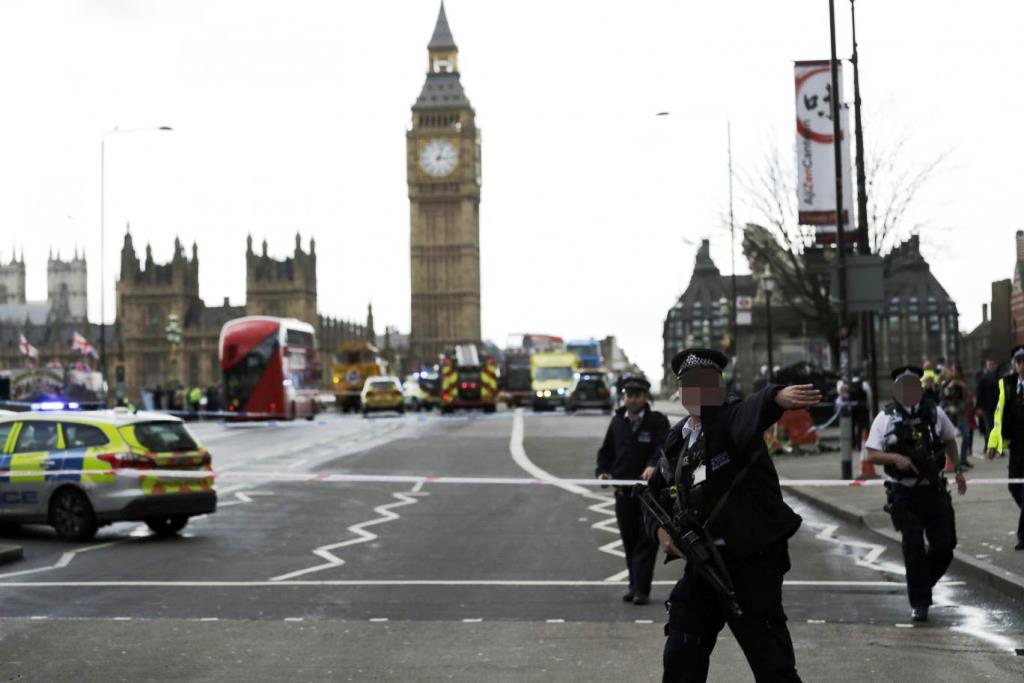The days when traveling by plane was a beautiful personal experience are gone. We used to welcome loved ones and bid them farewell at the airport gates and even, in some airports, at the plane’s door.
Airports of today are like military barracks packed with armed personnel and surveillance cameras. Airplanes are full of security forces acting like innocent passengers in case of any potential threats.
In fact, threats posed by behaviors of unstable people, ranging from the mentally ill to terrorists, are as old as flying by plane.
In 1955, a US airplane was blown up during a domestic flight when it was believed that someone put a bomb in his mother’s luggage to kill her and cash in her life insurance.
Many discovered how easy and exciting it is to hijack planes and how it is the best and easiest way to make headlines across the world.
During the 1960s and later, most airplanes were hijacked by Cubans, not Arabs. It wasn’t until the 1970’s that Arabs and Palestinian leftists realized the efficiency of hijacking planes in attracting global attention to their causes. However, this tactic backfired and the perpetrators became terrorists in the eyes of the world.
The recent ban on carrying laptops and tablets in the plane cabin on flights from some countries in the Middle East to the US means nothing to me and perhaps to most passengers. It is an addition to a long list of banned items, including creams, perfumes and water bottles that we can live without during the 13-hour flight to New York.
As long as we are allowed to carry our cellular phones, our connection to the world, it is not difficult to give up on the rest of devices. Whereas, if cellular phones were to be included in the ban, which is a possibility, many of us will think long before boarding a plane as phones have become part of everyone’s life, probably as essential as kidneys and lungs. It is the most valuable thing in the life of the modern person.
However, the central question we forgot to ask is: Are there actually terrorist threats that are so dangerous that they require such measures, which affect passengers’ lives and ruin the aviation industry, to be taken?
No doubt there is an ongoing war, with all sorts of weapons, between terrorists and some targeted governments, primarily the US.
An expert on terrorism told me that according to some information, an ISIS meeting in Raqqa in Syria discussed the possibility of carrying out a massive terrorist attack in the US similar to the September 11 attacks. The attendees of the meeting were later targeted in a raid.
The incident may not be true, but it is almost confirmed that terrorists target flights because they are an easy way to achieve their objectives. There is no doubt that terrorists have succeeded in besieging the aviation industry, which is currently overrun by security concerns.
Constricting the ban to passengers traveling aboard certain airlines operating in the Middle East might grant security officials some sense of relief, but it will not deter terrorists, who have mastered deceitful tactics.
Terrorists no longer fit that old profile of a Muslim Middle Eastern teenage boy.
Everything is possible these days. The man who carried out the recent terrorist attack in London was a 52-year-old of Jamaican origin and a Muslim convert. Technically, he lacks the characteristics of a typical terrorist.
Terrorism is about both arms and ideologies, and that is why the world failed to eliminate it. Developing technology was the only hope left to counter it and diminish its role. However, even technology has failed us and it has become the terrorists’ tool to recruit people and direct operations from afar.
